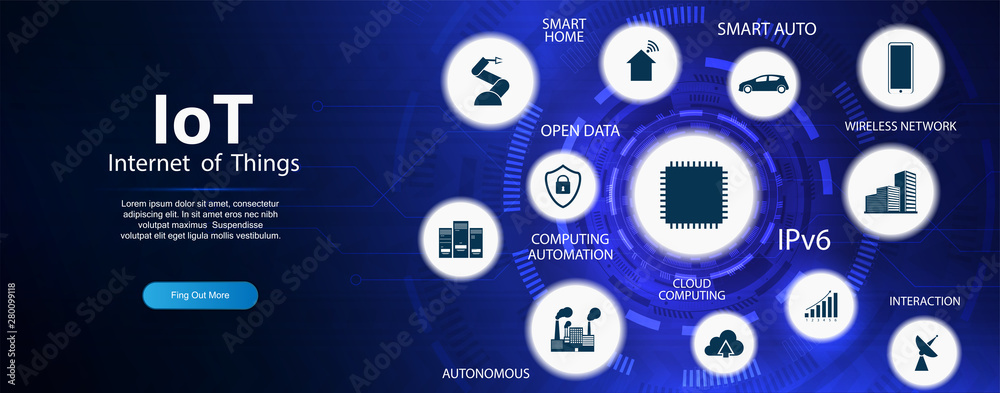Breakthrough in Quantum Computing
Introduction:
Quantum computing, a field that once seemed like science fiction, is now experiencing an era of rapid advancement and breakthroughs. This revolutionary technology is poised to reshape industries, from cryptography and drug discovery to artificial intelligence and logistics. In this article, we'll delve into some of the most exciting recent breakthroughs in quantum computing and their potential implications for the future.
Quantum Supremacy:
One of the most notable breakthroughs came in 2019 when Google's quantum computer, Sycamore, demonstrated quantum supremacy. This milestone marked the point at which a quantum computer outperformed classical supercomputers in a specific task. Sycamore completed a complex calculation in just 200 seconds, a task that would have taken even the most powerful classical supercomputer thousands of years. This achievement showcased the immense computational power of quantum machines.
Error Correction:
Quantum computers are inherently susceptible to errors due to the delicate nature of quantum bits, or qubits. Researchers have been working tirelessly to develop error-correcting codes and quantum error correction techniques. Recent advances in error correction have brought us closer to building practical, fault-tolerant quantum computers, which are crucial for solving complex real-world problems.
Quantum Machine Learning:
Quantum computing's potential to revolutionize machine learning is another exciting breakthrough. Quantum algorithms can process and analyze data exponentially faster than classical counterparts. Companies like IBM and startups like Rigetti are exploring quantum machine learning algorithms, which could lead to more accurate AI models and significantly accelerate the pace of scientific discovery.
Quantum Cryptography:
Security in the digital age is a paramount concern. Quantum computing poses a threat to classical encryption algorithms, but it also offers a solution: quantum cryptography. Recent developments in quantum key distribution (QKD) have made it possible to create virtually unbreakable encryption systems. These systems rely on the fundamental principles of quantum mechanics, providing a secure means of communication in a quantum-powered world.
Quantum Hardware Advancements:
The hardware underpinning quantum computers has also seen remarkable progress. Companies like IBM, Intel, and startups like Rigetti and IonQ are developing more stable and scalable quantum processors. Improved qubit connectivity, longer coherence times, and higher-fidelity gates are becoming a reality, bringing practical quantum computing closer to realization.
Quantum Simulation:
Quantum computers are particularly adept at simulating quantum systems, which has profound implications for fields like chemistry and materials science. Recent advances in quantum simulation have enabled researchers to simulate molecules and materials with unprecedented accuracy. This could lead to the discovery of new drugs, materials, and catalysts, transforming industries and benefiting society at large.
Conclusion:
The world of quantum computing is advancing at an astonishing pace, with breakthroughs in various areas pushing the boundaries of what's possible. As quantum technology matures, we can expect it to have a profound impact on industries, economies, and the way we perceive and solve complex problems. These recent breakthroughs are just the beginning of a quantum-powered future, and the potential applications are limited only by our imagination.



No comments